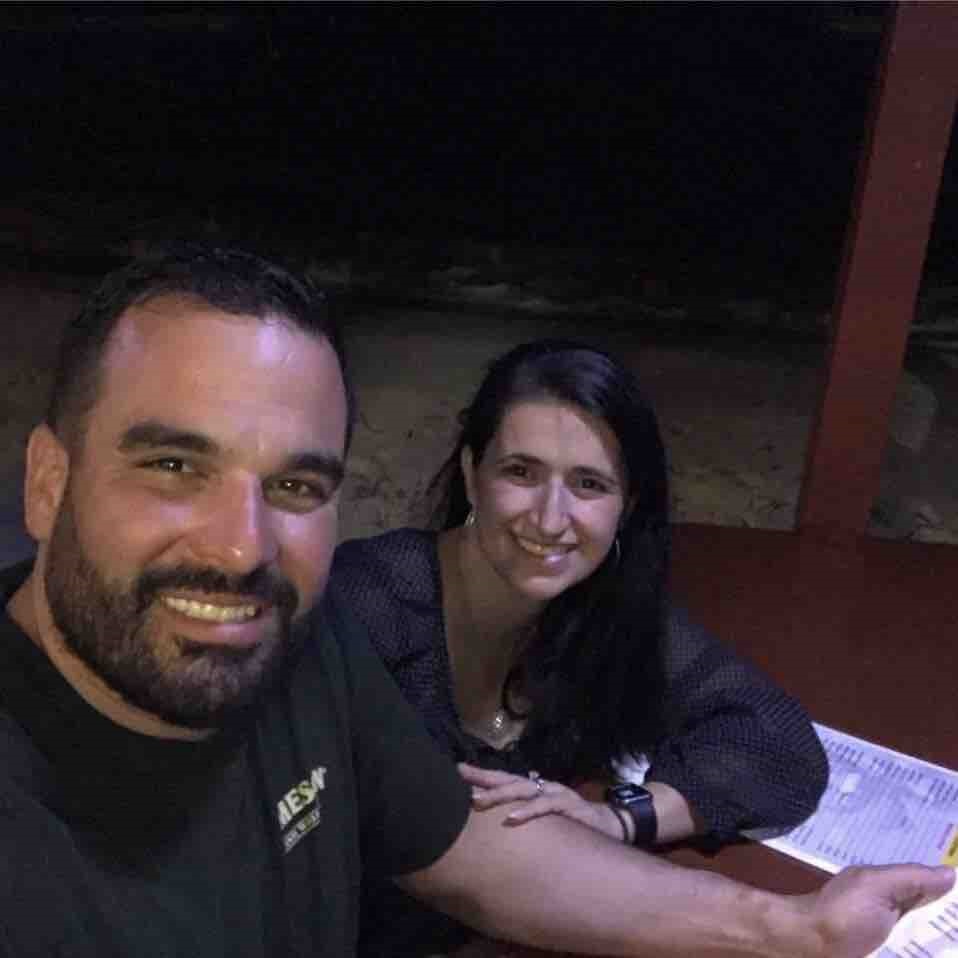
Last month, a Colorado couple, Joseph and Jossline Roland, died while trying to buy a used car they found through an Internet-based ad. When they arrived to look at the car, the purported seller claimed to have brought the wrong title and asked them to follow to an apartment to get the correct document. At the new destination, the seller pointed a gun at them and tried to rob them, shooting when – he claims – their car started moving. The seller then re-listed the car under a new name. Meanwhile, the couple’s five children are now orphans.
Facebook Marketplace, craigslist, and other online sale forums are booming. People are cleaning out their homes, selling things for extra money, and buying used to save cash. There are lots of great deals to be had, for both sides of the equation, and the vast majority of transactions go well…at least from a safety perspective. I can’t speak for whether or not you actually paid a fair price for your new goodies.
There are lots of tips out there about how to buy and sell things on the Internet, making sure you get paid with real money and actually get the product that you think you’re getting, not to mention doing the exchange in a public setting so that you keep your home address private and perhaps have witnesses to any shadiness.
In fact, the Rolands did much of their last purchase right: they went together to a public place to look at the car to buy it. Their mistake started when they believed the seller’s lie and followed him to another, more private location. It’s an easy slip-up to make after you’ve met somebody and have decided they seem trustworthy enough to believe. Even more so when you really want what you’re there to buy. After all, you’re so close to having it now and the seller knows that you’re ready to make good on your end of the deal…why should you think that the other guy wants anything other than an easy, crime-free payday? And most of the time, you’re not wrong. The trick is figuring out when you might be, or simply acting that way all the time. In a situation like this, you could perhaps ask the seller to go get the right car title and bring it back, or make arrangements to meet up another time. If the car won’t be available later, then move on and find another one to buy. It sucks you might miss out on a bargain, but better to do that than to pay with your life or health.
When they realized their mistake, the Rolands did try to drive away, or so it seems. Their killer claims he opened fire as the car started moving. Unfortunately, sometimes you simply can’t prevent violence if you haven’t taken earlier off-ramps. The later ones might be too late. That’s not to say that it wasn’t worth trying, and that they didn’t do the right thing in attempting to fight for their lives in a way that they knew how and had accessible to them. Certainly, if you’re already in a vehicle and someone is on foot threatening you, driving away if you can is a smart move. There are some perhaps obvious nuances to “driving away” like being aware of where your escape routes are and being mindful of hitting people or objects that can get you into more trouble than what you’re trying to escape. The general idea though? Not bad, but not always successful. As with guns, there’s no “just” in using any strategy to save yourself.
And that’s an important lesson too: when it comes to the fight, you might not win. We like to envision ourselves victorious and it’s important to do so, but that’s not always the real outcome. Keeping that in mind should be part of deciding whether to take smaller risks earlier, when they might put you in the path of a no-win situation.
We talked yesterday about what happens after a personal tragedy, and how people often move on and forget. We might or might not be able to continue helping everyone after the watershed moment when their lives fell apart, but we can continue to honor and remember them by learning the lessons taught by their hard experiences. So next time you decide to go after a great deal from a random stranger on the Internet…remember the Rolands.




